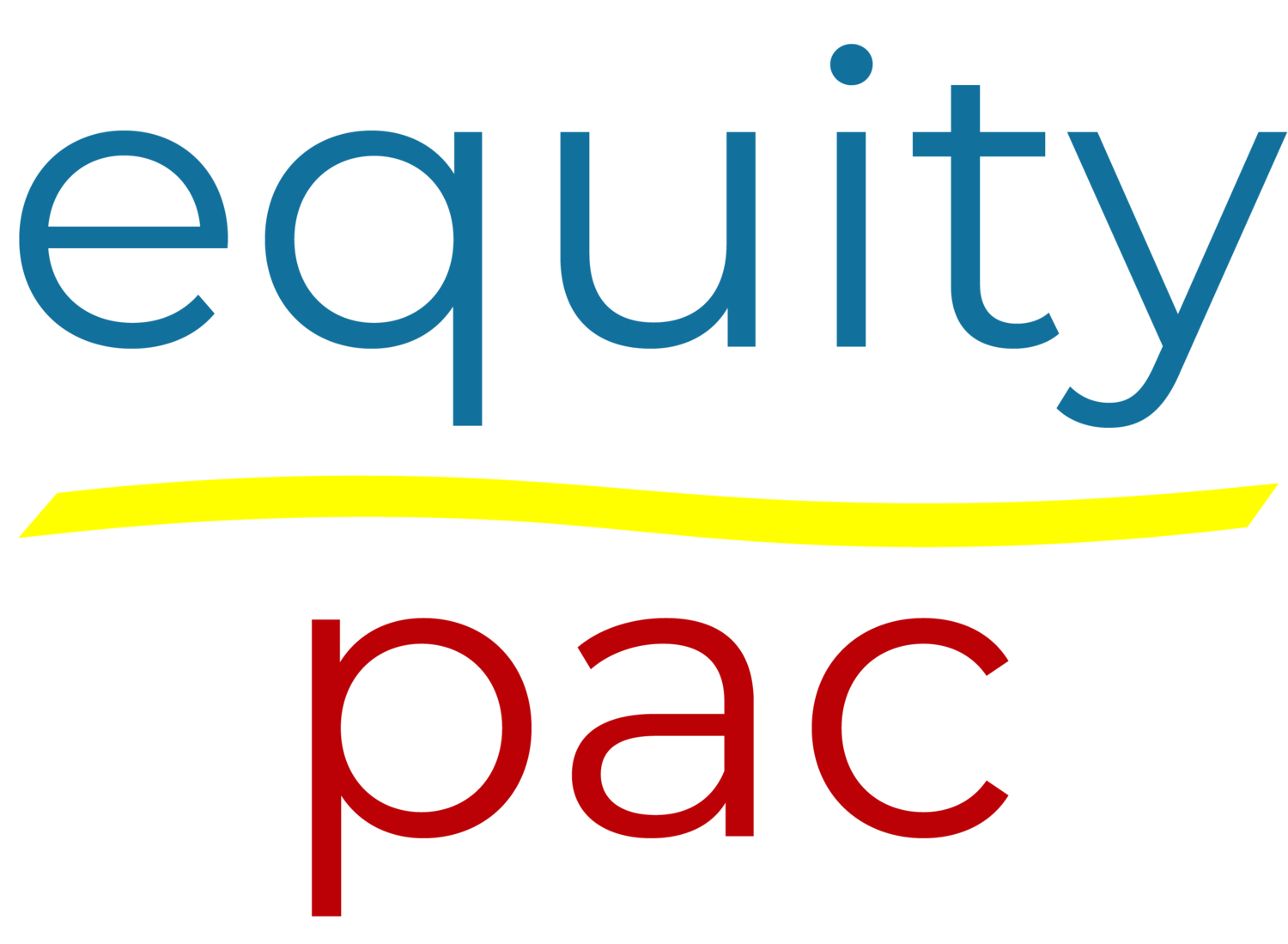A political framework to advance equitable policing
Equity PAC was created in early 2016 as a response to an obscure city commission decision around policing. In the past year, we’ve seen Grand Rapids police hold innocent children at gunpoint and then respond with defiance, a third party study that found Grand Rapids police to be racially biased in their traffic stops, and a lawsuit against the Kent County Sheriff’s Department for cooperating with immigration enforcement. These policing outcomes demonstrate a significant bias that needs to be addressed.
Even more, there are few clearer local examples of how policing bias creates inequitable outcomes than the recently released phone conversations between members of the Grand Rapids Police Department. The tapes reveal officers working together to cover up a drunk driving offense of a former prosecutor. The misuse of discretion favoring power, the lack of concern for the crash victim, and the willingness to lie and manipulate the system are so evident that many in Equity PAC are rightfully calling for an independent investigation into the recordings to begin rebuilding public trust.
There is no lack of policy ideas and groups that are working to advance equitable police policy, and we encourage you to get involved and give to them. However, we also need individuals in office with specific skills, approaches, and an openness to new police policy ideas and reform. We asked, what are the characteristics of a city or county commissioner or state legislator we can trust with our endorsement to advance equitable policing policy? To answer this question, Equity PAC pulled together a group of approximately 15 citizens, community leaders, and public leaders to develop a profile for public leadership in policing. Here are three of the primary factors and themes that emerged from that discussion:
Transparent and Responsive
The theme of transparency came up over and over in this group and emerges time and again in policing issues. Transparency takes many different shapes, from hearing a city, county, or state legislator’s ideas on how policing needs to change to whether they would advocate for stronger use and public communication of disaggregated data to hold police and government accountable for policing outcomes.
It is clear that the leaders we spoke to see a lack of local political will to make police data available to the public, and that elected leaders are generally viewed as hesitant to publicly voice their opinions on policing. For example, the city commission rejected what they described as a “knee jerk” reaction to more data on policing, and the city fought to reject the FOIA request for the audio mentioned above. Kent County has been silent enough on their cooperation with ICE to warrant a lawsuit. A problematic theme of local government that refuses to provide consistent transparency on its policing outcomes strongly emerged.
Strategic and Open-Minded
There is general confusion as to why police reform is such a difficult task when it seems so philosophically bi-partisan. On the more “conservative” side, better-policing policy directly speaks to libertarian ideals of keeping government out of citizens’ lives and a smart government that, for instance, does not increase police budgets when crime is going down. On the other hand, “liberal” ideas of justice and better outcomes for historically marginalized citizens as a public priority can also be met with reform. We need leaders who can tap into both of these political lenses to advance police reform. Local officials must work across the aisle, city, and jurisdiction lines to create change focused on outcomes - not a party litmus test. The idea that we can have better police outcomes for less money and ensure the safe and just treatment of all citizens is not far-fetched.
Invested
There is a general consensus that leaders do not always understand or have a stake in who they are serving. In some cases, this may result in a lack of cultural competency or understanding of history. For example, the Grand Rapids City Commission of December 2015 voted to add 64 rifles to the police force in a time of declining crime without any public discussion. This was culturally and socially incompetent. The argument that “every other police department has long rifles” does not answer the question of “will these guns be used to destroy my black son’s body?” Was anyone voting for that measure directly impacted by it? Did any affirmative-voting commissioner publicly express their understanding of the impact of that vote?
We’ve met no citizens that think tough decisions are simple. However, equitable leaders must show they are personally invested in the people and communities most impacted by any given policy decision. In policing, too often leaders refuse to point to those most impacted by police - people of color, the poor, and LGBTQ communities - in favor of a more “unifying” message that is often a message most supported by a whiter, higher income, or straighter majority. John Powell told us that “universalism” fails equity, especially in policing policy. However, only invested leaders will practice a more targeted approach.
There were other non-negotiable expectations of equity-minded elected candidates that included, in no particular order:
Empathetic
Respectful
Favors civilian oversight and design
A public servant
Measures success through observable change in the community
Uses community engagement as a tool
Favors de-escalation
Not racist
Honesty/Integrity
Approachable
Involved
In future communications, we will outline some of the opportunities that lie ahead to implement these principles within electoral politics and policy.
Originally published September 25, 2017

